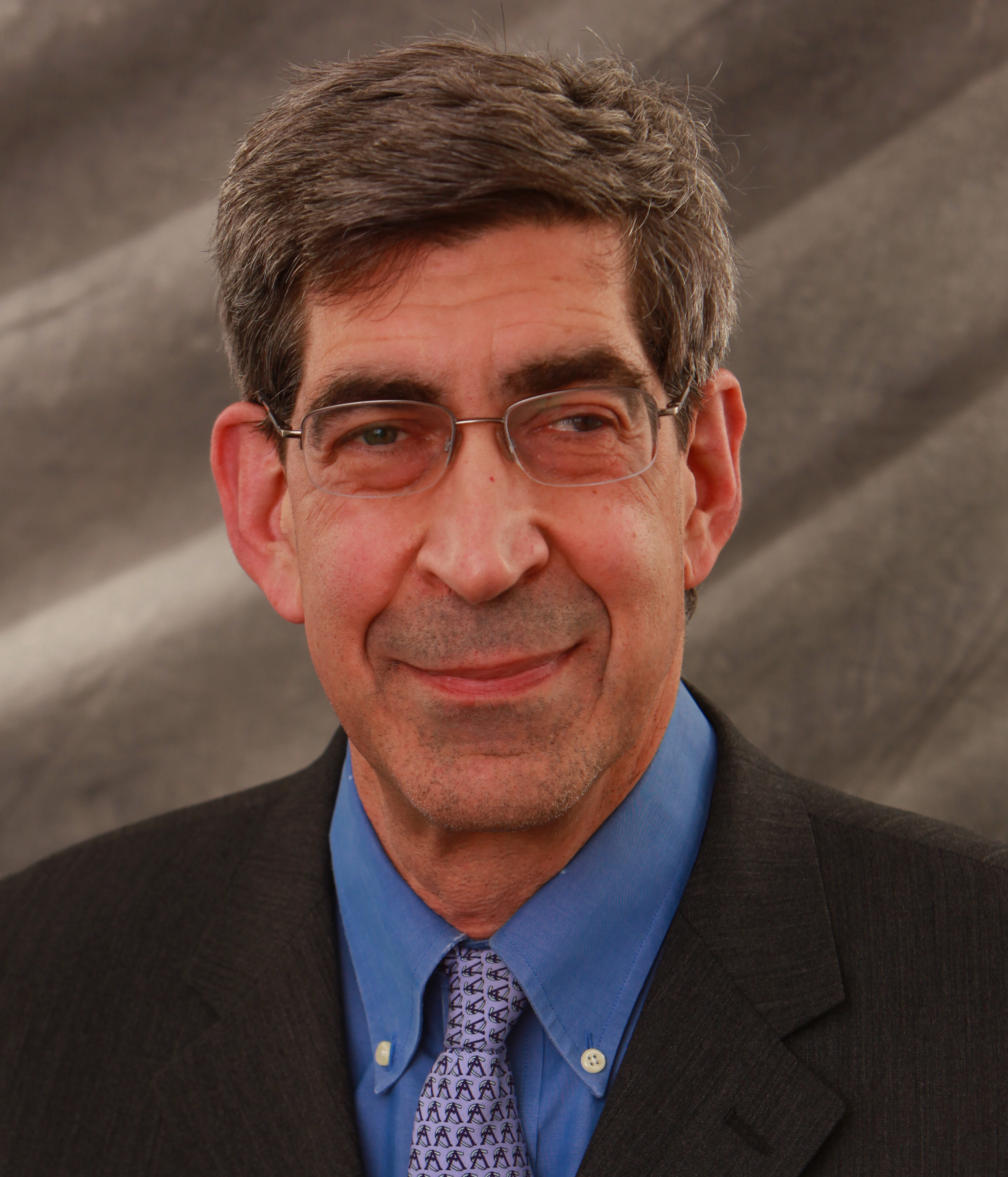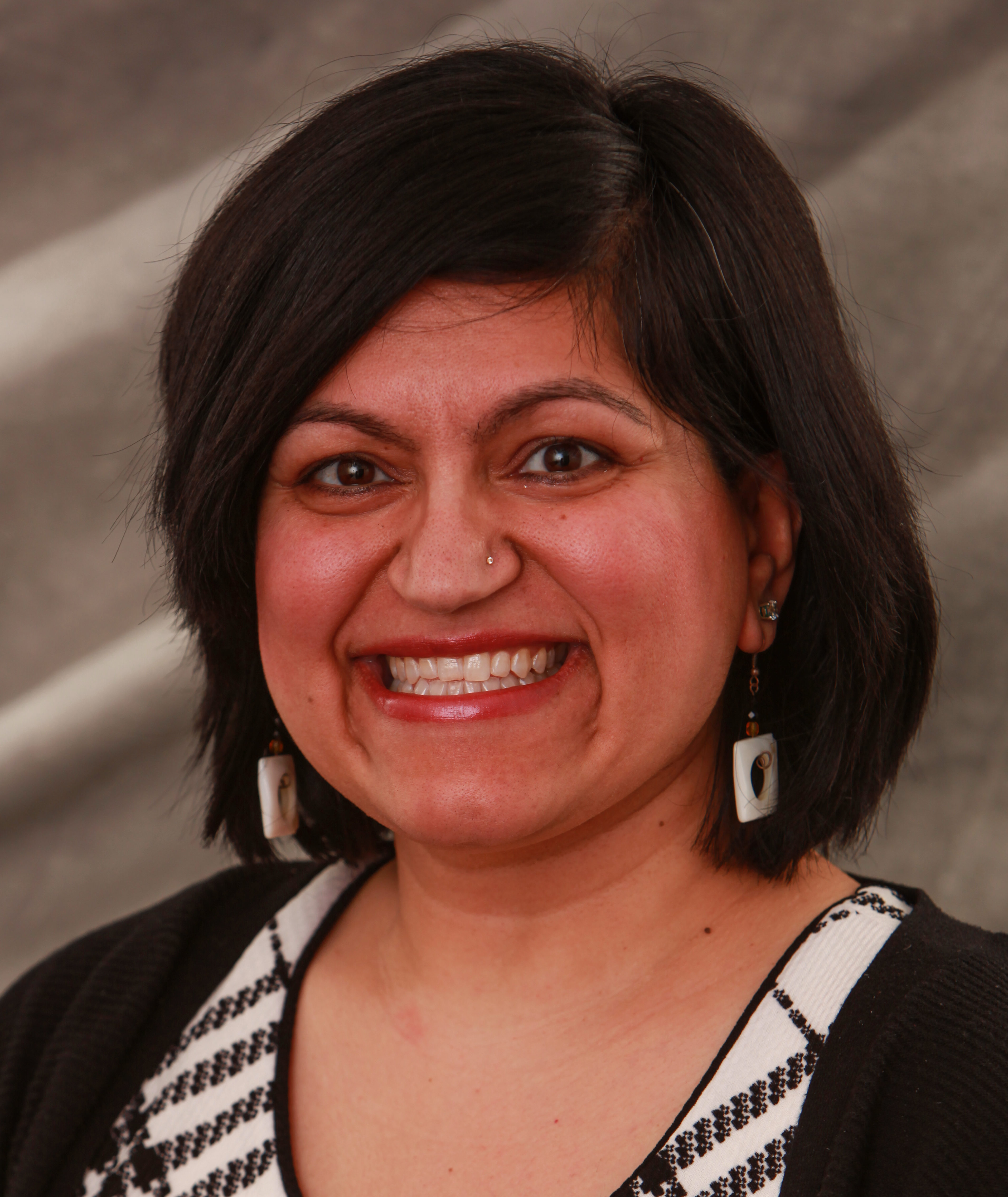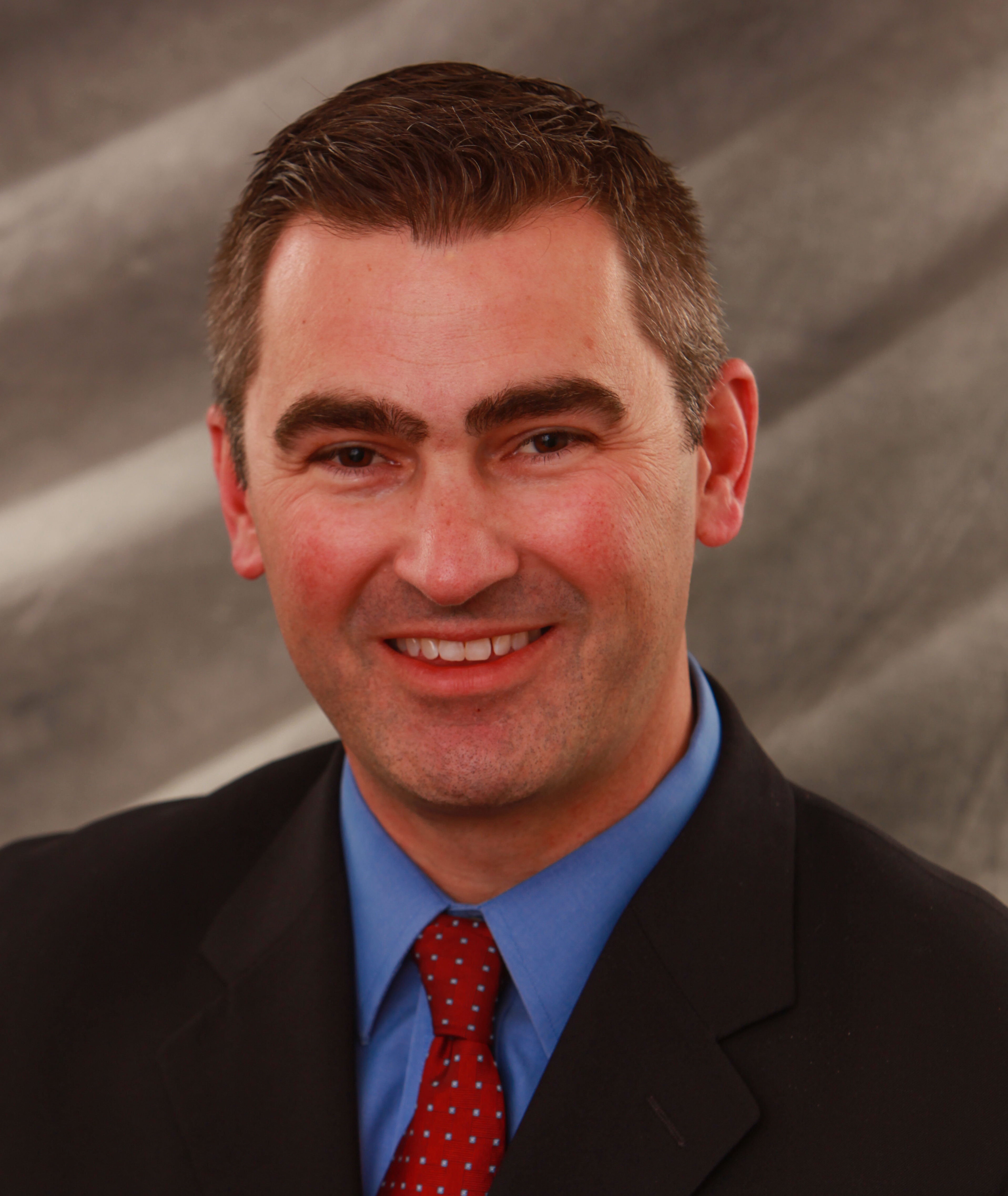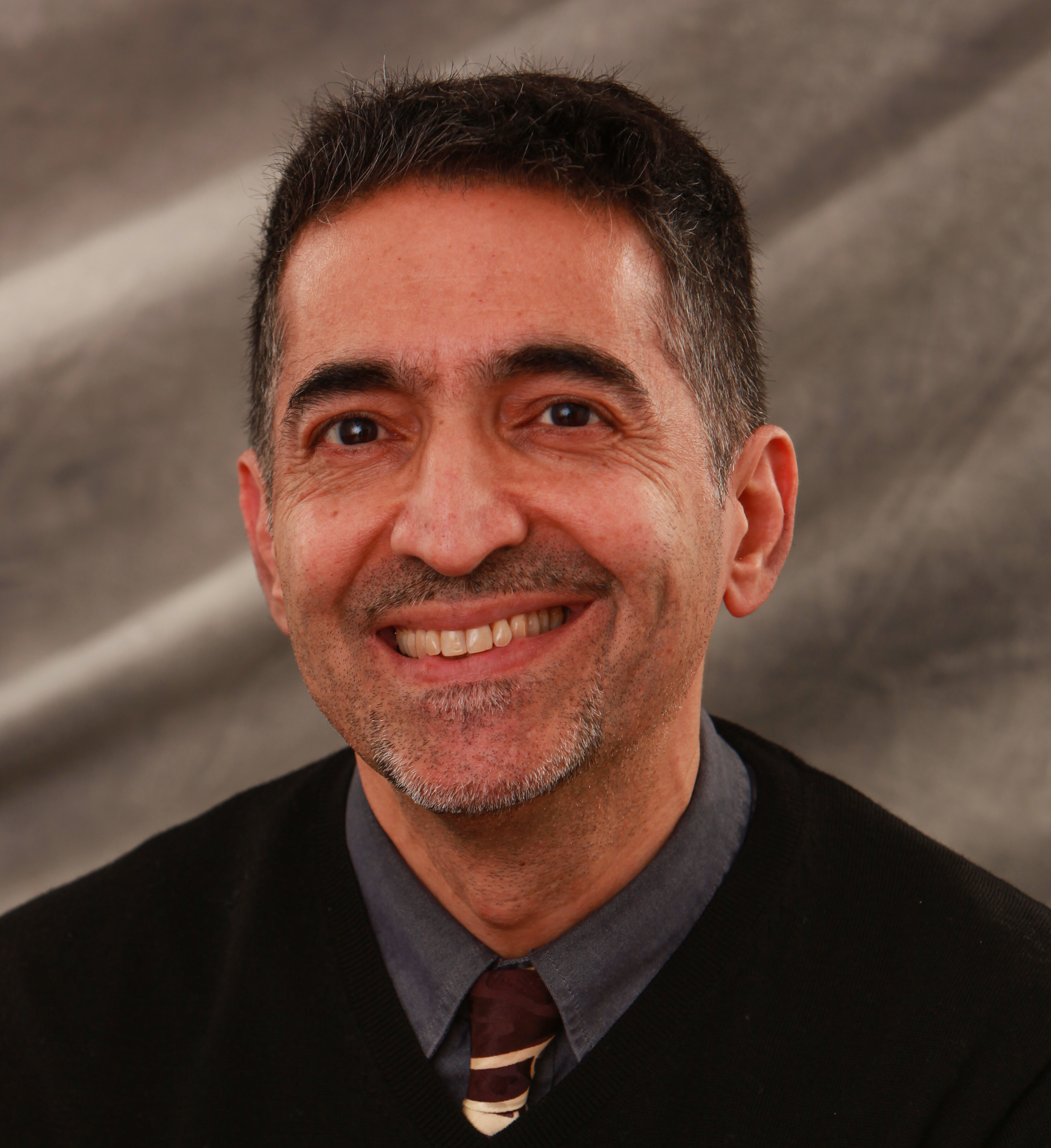Allergists and Immunologists
Many physicians can treat allergy symptoms. Allergists (and immunologists) are the only physicians specially trained to diagnose the specific causes of allergic conditions.
An Allergist is a physician who has been specially trained in the diagnosis, management and treatment of allergic conditions and asthma. To become an allergist a physician completes at least nine years of study. This study includes:
- Four years of medical school.
- Three years of training in internal medicine or pediatrics, including obtaining certification in internal medicine from the American Board of Internal Medicine, or in pediatrics from the American Board of Pediatrics.
- Two or three years of additional training in an Allergy and Immunology Fellowship program.
Additionally, upon completion of Fellowship training, physicians may obtain certification from the American Board of Allergy and Immunology by successfully completing the Board examination. The physicians at Certified Allergy & Asthma Consultants have all obtained this certification.
Doctors
The doctors of Certified Asthma & Allergy Consultants have each completed sub-specialty training in allergic, respiratory, and immunologic diseases. They are board-certified specialists in allergy and clinical immunology and are highly competent to diagnose and treat both adults and children with conditions relating to allergies and asthma. (Click a picture to get more details)
Nurse Practitioners
Nurse practitioners specializing in allergy and immunology fulfill a pivotal function in aiding patients to navigate their conditions and enhance their well-being. Armed with extensive training and certification in allergy and immunology nursing, they possess the specialized expertise and abilities essential for catering to the distinct requirements of individuals grappling with allergies and immune system ailments. These dedicated healthcare practitioners concentrate on diagnosing and managing patients with allergies and immune system disorders. They collaborate closely with patients to evaluate their medical backgrounds, conduct thorough physical examinations, arrange diagnostic assessments, devise treatment strategies, and furnish education and encouragement. (Click a picture to get more details)





